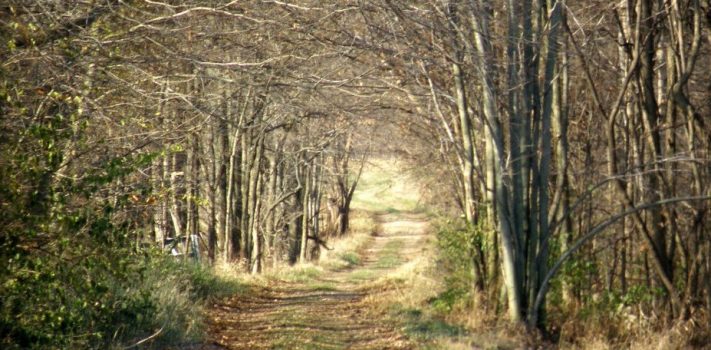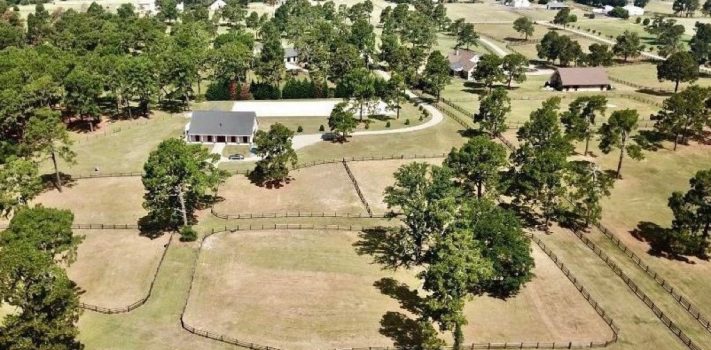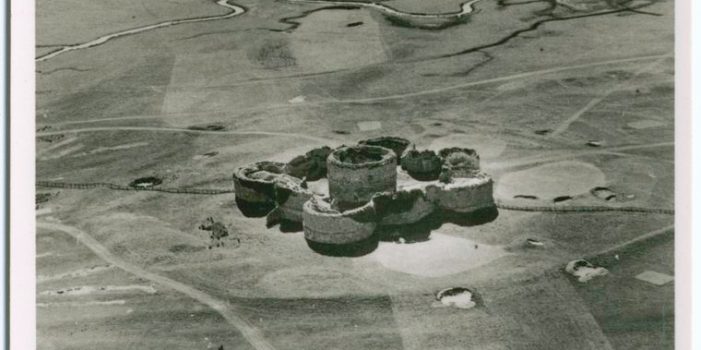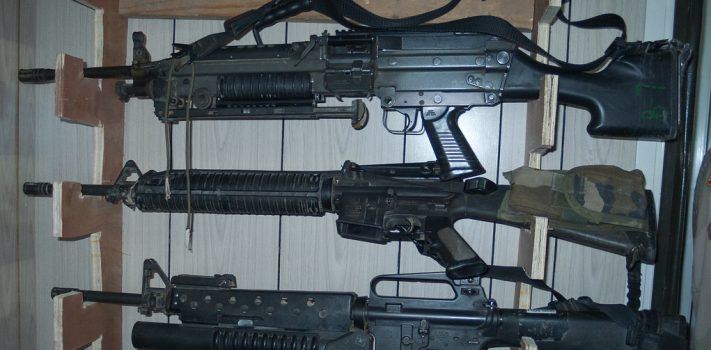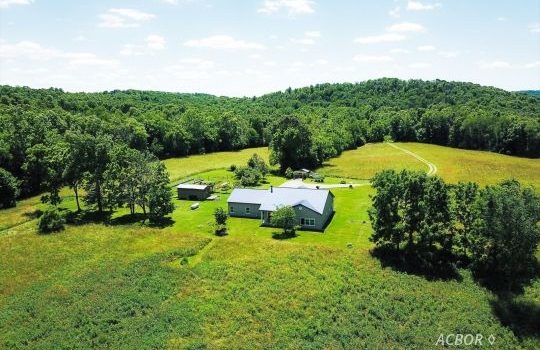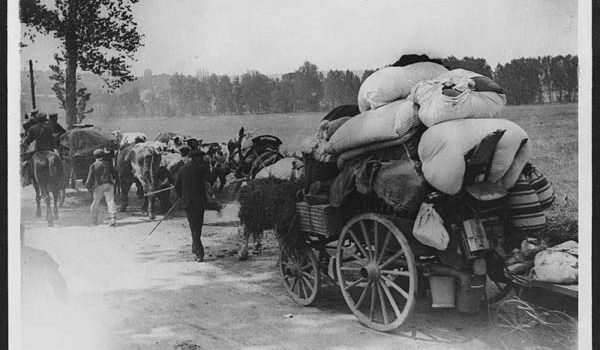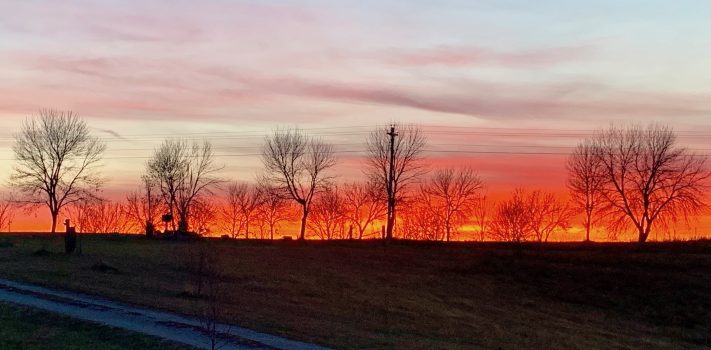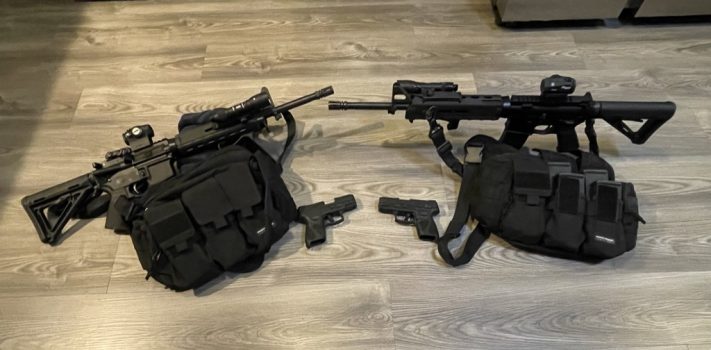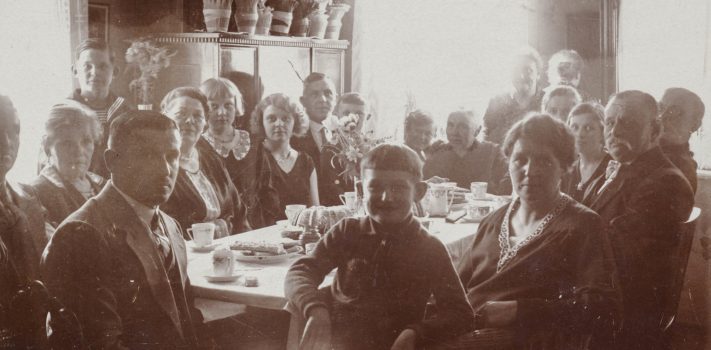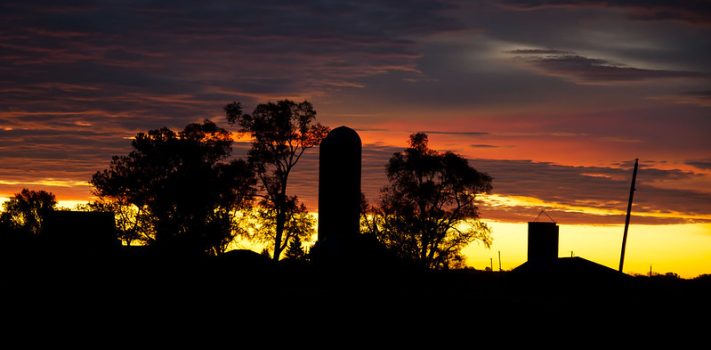What To Do in 2024?, by SaraSue
There has been a tremendous amount of change in our country, just in the past three years, not to mention the years and decades before. It’s as if, the worst of the worst scenarios have accelerated, and many of us feel it in our bones that things are going to get worse in our country (America). I grew up in the 1960s and 1970s, and it was a wonderful childhood. But, as I look back, I can see how the gross inflation and economic problems of the 1970s affected my father, while he insulated us children from most of it. …

